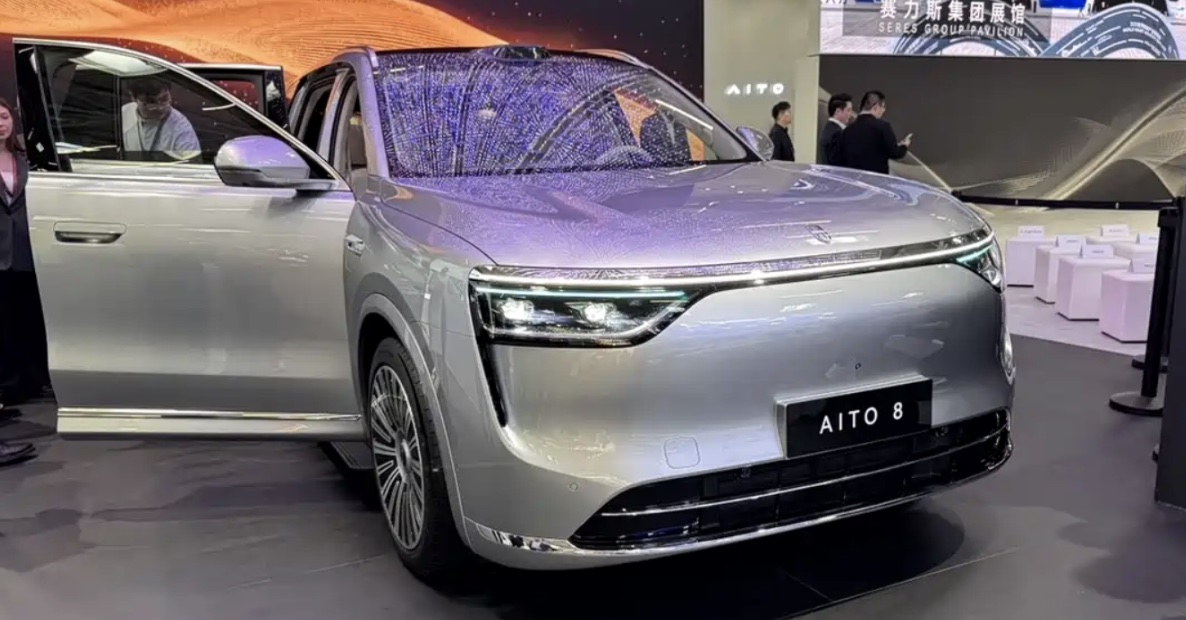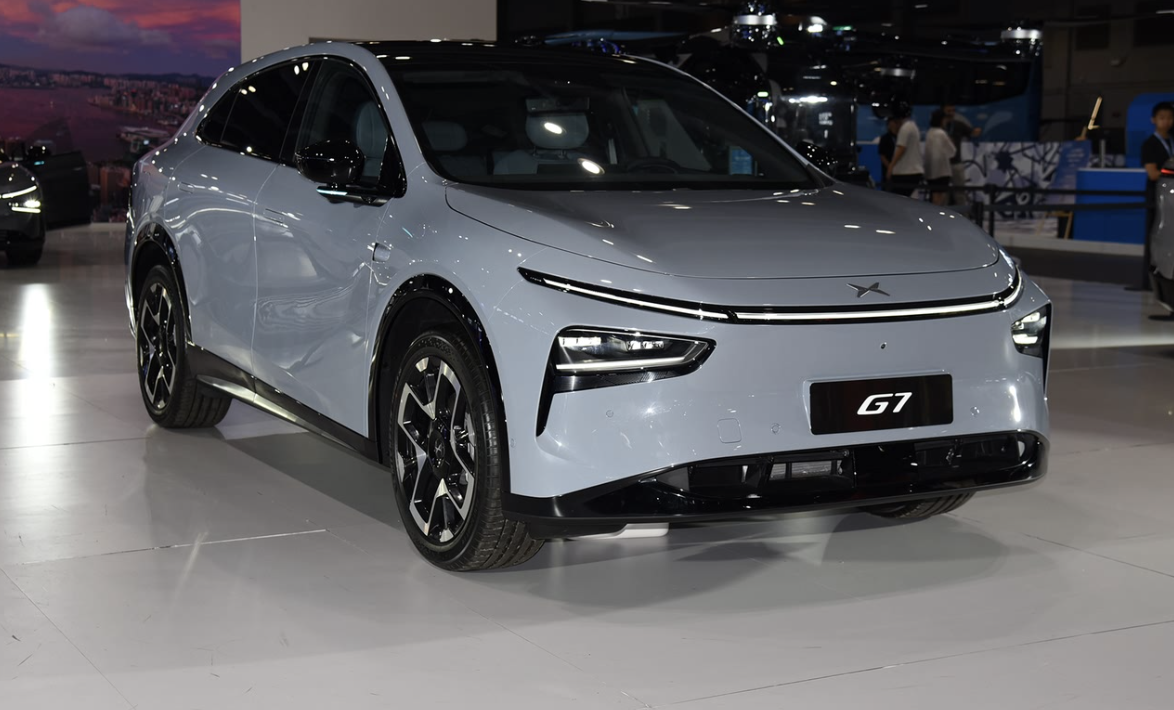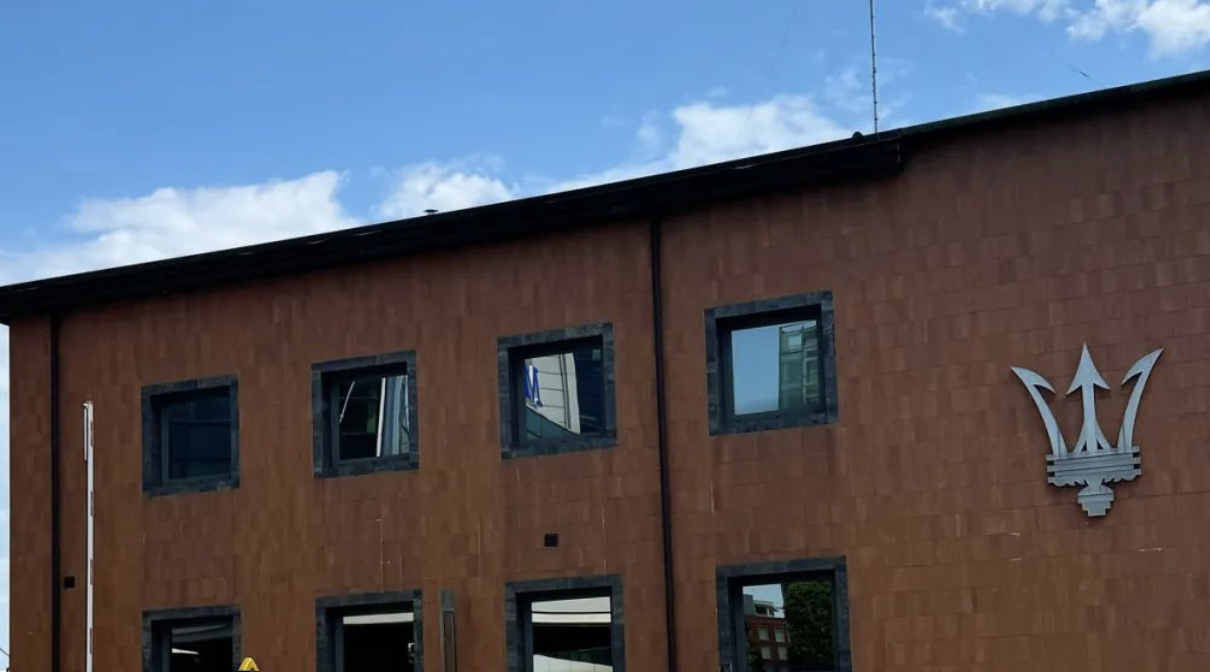Recently, a blogger shared a video exploring the second-hand market for Xiaomi YU7. According to used car dealers featured in the video, prices for the YU7 in the resale market are currently higher than those of brand-new models by RMB 30,000–40,000 (USD 4,200–5,600).

Checks on online used-car platforms show that most listings are for the Xiaomi YU7 Ultra Long-Range High-Performance AWD Max version, priced between RMB 349,900 and RMB 388,000. Many vehicles listed are unregistered or have extremely low mileage, essentially qualifying as near-new cars.
The YU7, Xiaomi’s second production model, launched on June 26 with three trims: Standard (RMB 253,500), Pro (RMB 279,900), and Max (RMB 329,900). The launch sparked immediate demand—official data showed 240,000 orders within 18 hours.
However, production capacity has not kept up. Delivery estimates on the Xiaomi Auto app show wait times of 57–60 weeks for the Standard, 49–52 weeks for the Pro, and 40–43 weeks for the Max—meaning even the fastest option requires a wait of around 10 months.
This supply bottleneck has driven up the resale value. At launch, Xiaomi offered both “ready-to-deliver” (quasi-stock) models, priced from RMB 350,400 with 1–5 weeks delivery (Max version only), and custom-order models starting at RMB 253,500 with significantly longer waits. Many of the near-new cars now circulating in the second-hand market appear to come from these quasi-stock units.
In addition, some resale activity is occurring through order transfers, typically priced RMB 5,000–8,000 higher. Xiaomi Auto has responded, reminding consumers to use official channels and warning that purchase names cannot be changed. Once delivered, however, vehicles may be legitimately resold via used-car transfers.
Currently, Xiaomi’s production relies mainly on its Phase 1 factory with a capacity of 150,000 units annually. A Phase 2 expansion project, also targeting 150,000 units, is expected to go into full operation in July. Even with both plants running at full capacity (approx. 300,000 units annually, shared with the Xiaomi SU7), the company faces challenges in meeting overwhelming demand for the YU7 in the short term.



